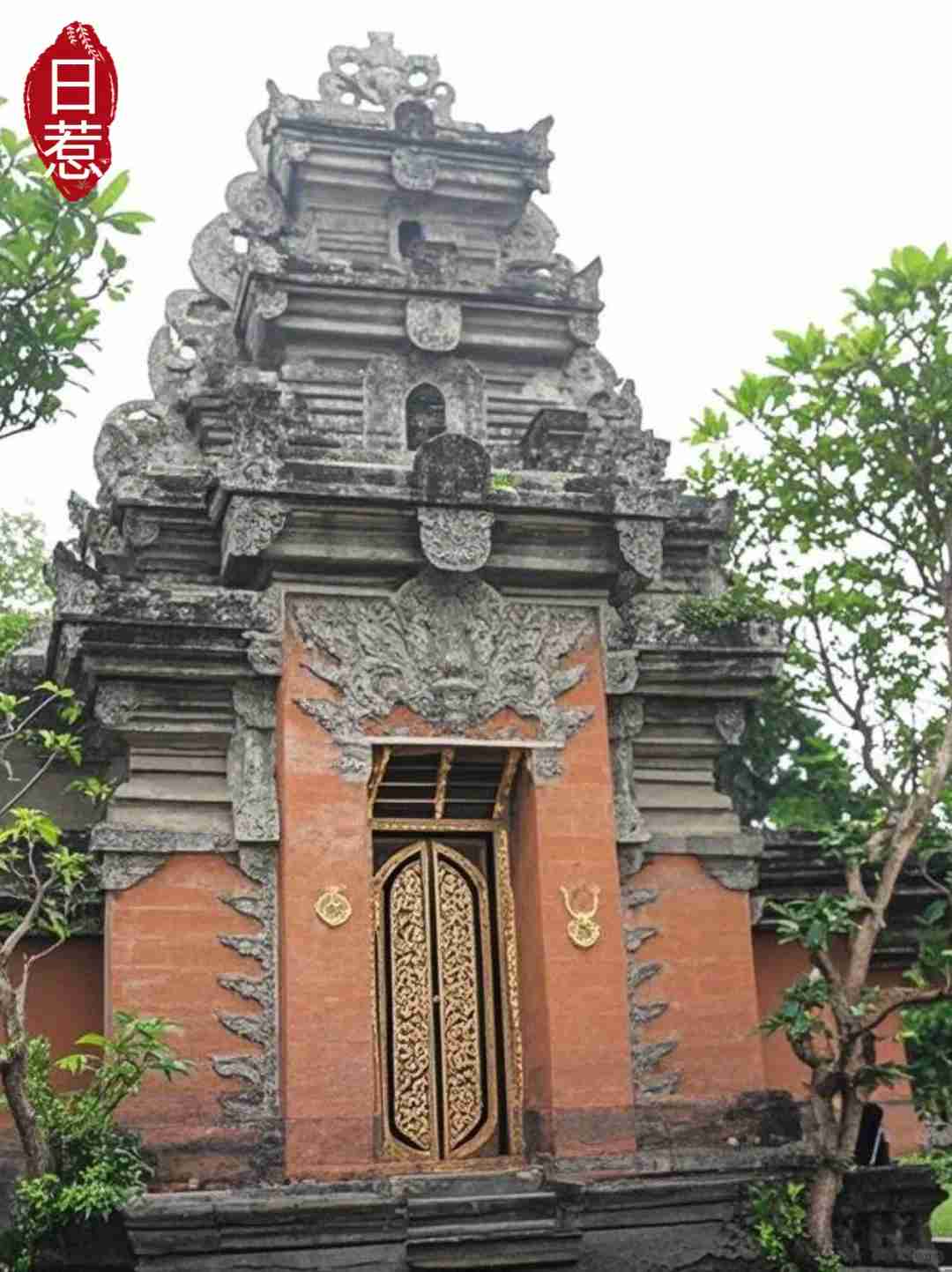Explore Yogyakarta: Best Cultural and Historical Sites in Indonesia
City Overview
Nestled in the heart of southern Java, Indonesia, Yogyakarta is a vibrant city that borders the Indian Ocean to the south, spanning an area of approximately 3,169 square kilometers. It stands out as the only special administrative region in Indonesia still governed by a sultan, earning it the title of the “heart of Javanese culture.

” The landscape is a tapestry of coastal plains, formed by volcanic ash in the west, and extends to the Kedung plateau in the east. The Oyo and Progo rivers, vital lifelines, nourish the fertile agricultural lands, which are rich in rice, rubber, and copra. With a population of around 2.91 million (as of 1995), Yogyakarta is a melting pot of cultures, including Javanese, Chinese, and Indian communities.
History and Culture
– **Confluence of Millennium Civilizations**: Yogyakarta’s storied past dates back to the 8th century, when it was the epicenter of the Buddhist Shailendra Dynasty and the Hindu Mataram Kingdom. This rich history is embodied in two UNESCO World Heritage Sites: the majestic Borobudur, a Buddhist temple complex, and the awe-inspiring Prambanan, a Hindu temple.
– **Capital During Independence War**: From 1945 to 1949, during the Indonesian struggle for independence, Yogyakarta served as the provisional capital, playing a pivotal role in the nation’s journey to sovereignty.
– **Living Cultural Heritage**: The city is a living museum of Javanese traditions, where ancient arts such as traditional dances, Wayang Kulit (shadow puppetry), and Batik (wax dyeing) continue to thrive.
The Sultan’s Palace, or Keraton, is not just a historical landmark but also a vibrant cultural hub, hosting weekly performances that bring these traditions to life.
Economy and Industries
Yogyakarta is a dynamic and industrially developed region in Indonesia, with a diverse and robust economy:
1. **Tourism**: A cornerstone of the local economy, Yogyakarta attracts millions of visitors each year, drawn by the world-famous sites of Borobudur and Prambanan. This influx fuels the growth of the hospitality, catering, and handicraft sectors.
2. **Education Services**: Home to over 50 universities, including the prestigious Gadjah Mada University, Yogyakarta is a beacon of academic excellence. It draws students from across the country and around the world, creating a vibrant “city of universities” atmosphere.
3. **Agriculture and Processing Industry**: The fertile lands of Yogyakarta are abundant in rice, rubber, and sugar.
The city’s textile, leather, and food processing industries play a crucial role in supporting the local economy.
4. **Handicraft Industry**: Renowned for its silverware, batik, and woodcarving, Yogyakarta’s handicrafts are highly sought after in international markets. The Kota Gede silver village, in particular, is famous for its exquisite silverwork.

